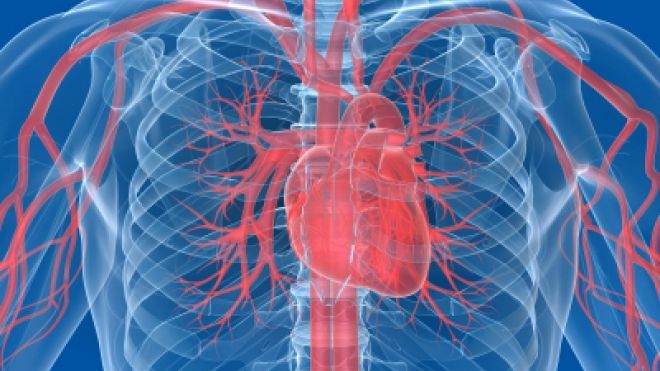Most childhood cancer survivors have health problems in adulthood
Nearly all childhood cancer survivors have at least one chronic health condition by the time they reach middle age, a new study suggests. In the study, 95 percent of childhood cancer survivors had a chronic health problem such as hearing loss, heart valve abnormalities, lung problems, memory problems or new cancers by age 45. (For comparison, about 38 percent of adults in the general population who are ages 35 to 64 have at least one chronic health condition). While some cancer survivors in the study had no symptoms from these problems, about 80 percent had a life-threatening, serious or disabling condition, the study found. Considering that participants in the study were relatively young (the average age was 32), the prevalence of disorders typically associated with old age was particularly striking, researchers said. Those disorders include cataracts (15 percent), nerve pain (20 percent) and cognitive impairment (35 percent). These findings suggest that in some cases, cancer treatment may accelerate aging, the researchers said. The findings underscore the need for doctors to monitor childhood cancer survivors for conditions that could cause significant health problems if not detected early, the researchers said. Physicians should check for new cancers, heart disease and additional problems that can be improved with treatment, such as vision deficits. Childhood cancer survivors should be aware of the treatment they had when they were younger so that their doctors can order appropriate screening tests, said study researcher Kirsten Ness, of the St. Jude Children's Research Hospital in Memphis. Some survivors may be able to reduce their risk of certain health conditions. For instance, cancer survivors who are at risk for high blood pressure or blood fat levels may be able to reduce their risk of these conditions by following a healthy lifestyle (eating healthy foods, exercising and not smoking), Ness said. Childhood cancer, adult health Some cancer treatments may increase the risk of adult health problems because the treatments damage normal tissue in addition to cancer cells, Ness said. Most previous studies of childhood cancer survivors asked participants about their health problems, but did not evaluate them with a medical exam. These studies thus likely underestimated the prevalence of chronic conditions. In the new study, 1,713 childhood cancer survivors underwent a battery of medical tests such as measurements of blood pressure, blood glucose levels, resting heart rate, heart electrical activity and thyroid function. Some participants, who were considered “at risk” for certain conditions because of the type of cancer treatment they had received in childhood, were also screened with more specific tests, such as mammograms to detect breast cancer among women who underwent chest radiation. In these “at risk” survivors, lung problems were diagnosed in 65 percent of patients, hormone problems involving the hypothalamus and pituitary gland were diagnosed in 61 percent, heart abnormalities were diagnosed in 56 percent, and cognitive impairment, including memory problems, was diagnosed in 48 percent. Participants were survivors of childhood leukemia, lymphoma and tumors of the brain, bone and other organs. Future research Not all of the health problems detected by the tests were noticeable in everyday life. For instance, although tests showed that leukemia survivors who had received radiation experienced impaired memory, their ability to hold a job and carry out daily activities was not affected. Future research will be needed to examine how this problem, and other problems that don't show symptoms, progress over time, the researchers said. Additional studies should attempt to determine which factors predispose childhood cancer survivors to the conditions seen in the study, the researchers said. The study was published June 12 in the Journal of the American Medical Association. Copyright 2013 LiveScience, a TechMediaNetwork company. All rights reserved. This material may not be published, broadcast, rewritten or redistributed.source : http://www.foxnews.com/health/2013/06/11/most-childhood-cancer-survivors-have-health-problems-in-adulthood/




